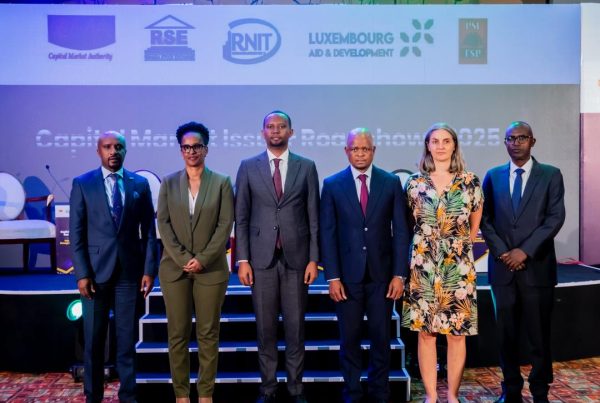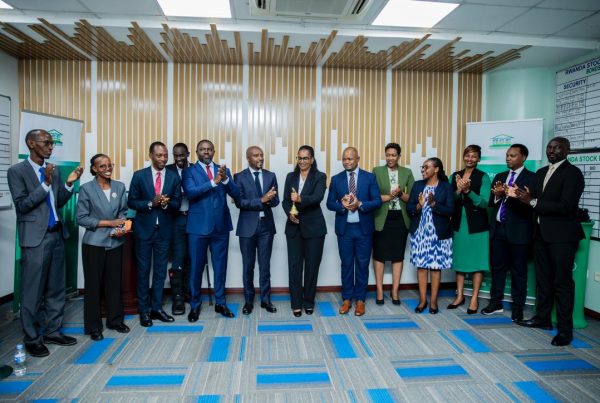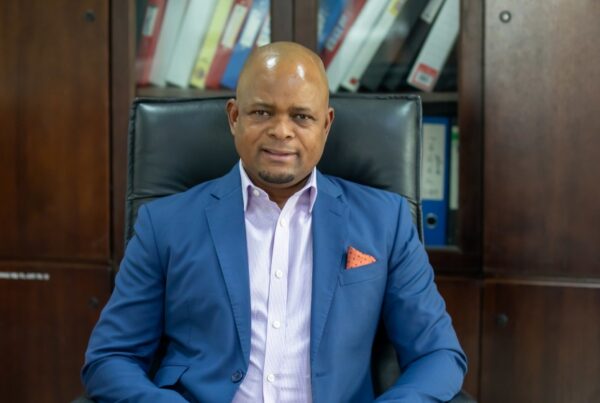The Rwanda Stock Exchange is poised to introduce the fourth profile listing on its special board this year through its Investment Clinic Program to increase transactions on the bourse.
Initiated four years ago, the program aims to support small and medium-sized enterprises (SMEs) and other corporates in becoming investor-ready. It focuses on identifying and addressing operational gaps and connecting businesses to the capital market and other technical assistance within the ecosystem.
“The companies have been undergoing the improvement and investor readiness process with the help of three teams of advisors, which include financial advisors, legal advisors, and independent auditors until they are prepared for graduation and profile listing,” a senior officer at the RSE, David Mitali stated.
The development of the capital market is seen as a crucial lever for accelerating economic growth by providing both public and private sectors in Rwanda access to long-term capital.
“The expected output from the Profile Listings is to see an increase in the number of companies ready to attract investors on the market. It would still be very productive to see companies raising appropriate funding using capital market structures, as the main objective is to mobilize appropriate funding for the private sector.” Mitali added.
To further boost the number of companies utilizing the capital market, the Capital Market Authority is proposing a strategy to attract more SMEs. The Ministry of Finance and Economic Planning, the CMA, and the RSE have identified over 20 companies from the private sector, including some state-owned enterprises ready for privatization, to be approached and processed for capital market issuance.
The Investment Clinic project aims to identify more small to medium-sized companies with the potential to raise capital through the capital market. This initiative is considered a catalyst for stimulating capital market uptake among private sector corporates, especially the SMEs.
To address the low uptake of the capital market by the private sector, the CMA and the RSE have implemented several measures. These include launching aggressive public education activities involving public awareness campaigns, door-to-door engagement, and sector-specific meetings through the Private Sector Federation.
Over the past decade, the capital market in Rwanda has mobilized more than Rwf2 trillion or USD 1.5 billion. The current market capitalization stands at USD 3.2 billion for the equities market segment and
USD 1.3 billion on the fixed income market, totaling USD 4.6 billion, which represents 43% of GDP in dollar terms, putting the RSE on the top of the list in the EAC bourses in this category.
The planned profile listings on the Rwanda Stock Exchange could signify a pivotal shift in the country’s capital market dynamics. By bringing more SMEs into the fold, the RSE not only diversifies the market portfolio but also potentially boosts economic growth by providing these businesses with the much-needed capital. This move aligns with broader governmental and institutional strategies aimed at enhancing the financial ecosystem in Rwanda.
However, the relatively low overall market capitalization, despite recent mobilizations, highlights the need for continued efforts to attract more participants and increase market liquidity. The success of these few profile listings could serve as a benchmark for future initiatives and help in gradually elevating the market’s contribution to the national GDP.
END





